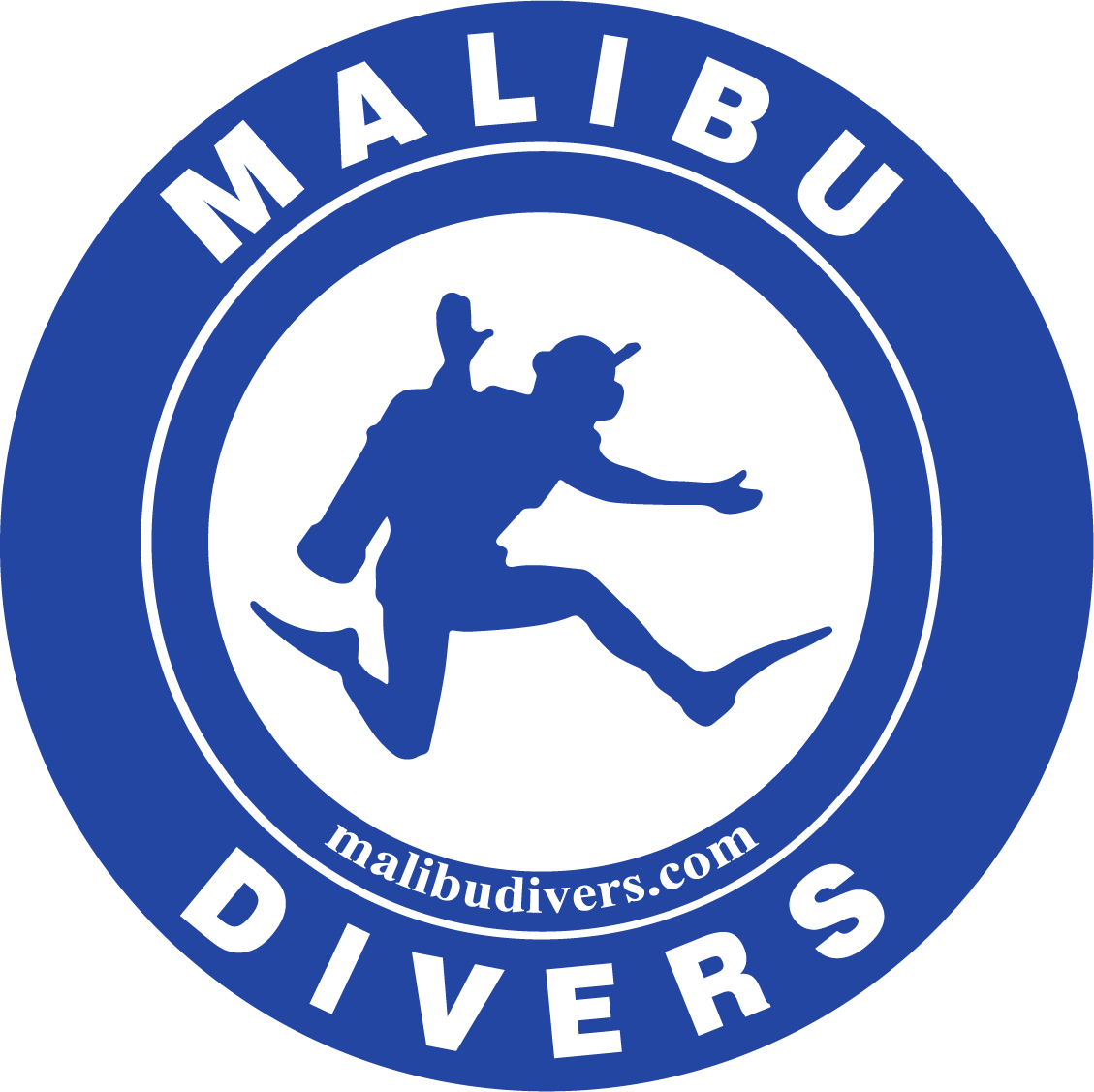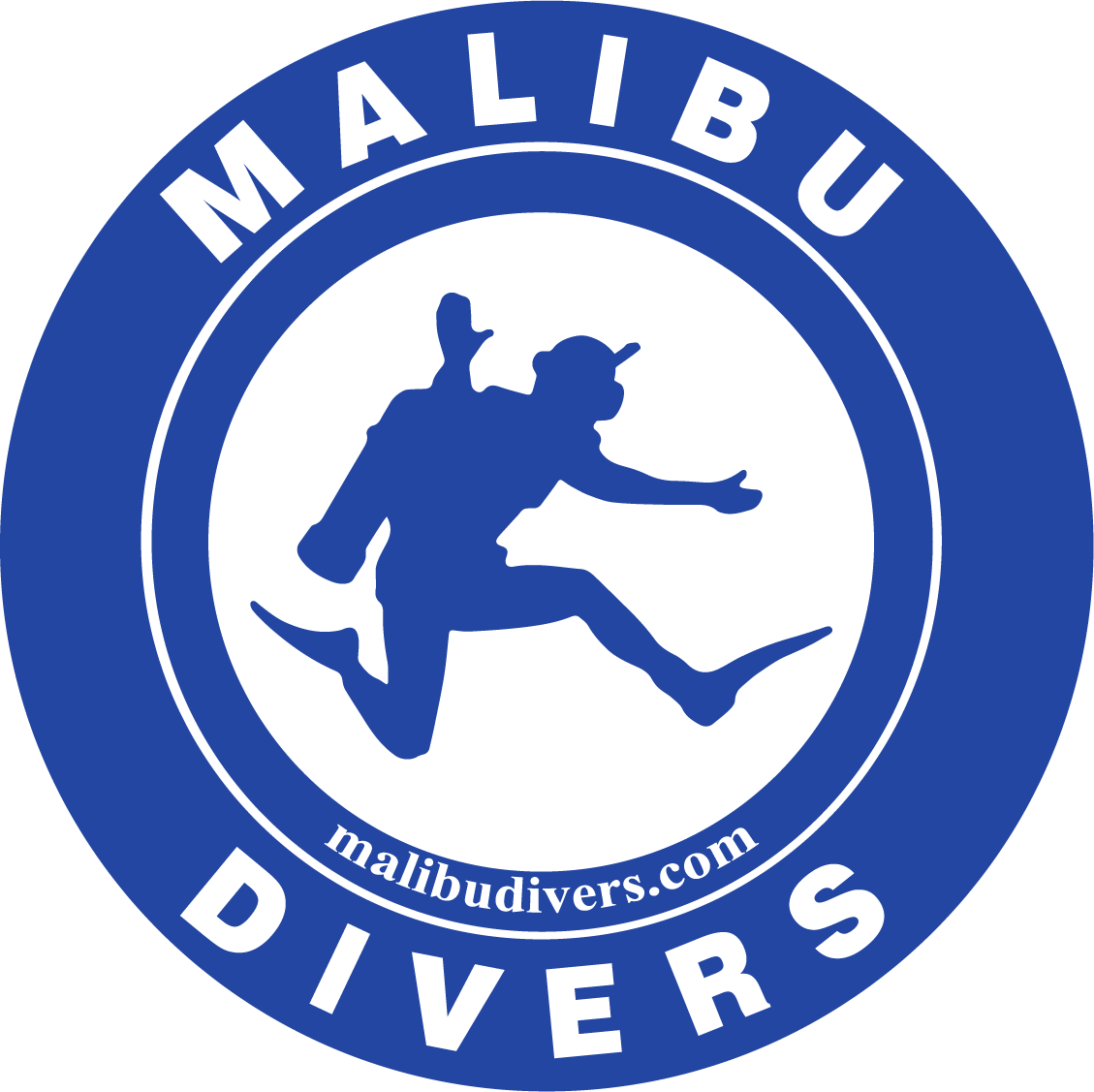Brian Herbert once said, "The capacity to learn is a gift; the ability to learn is a skill; the willingness to learn is a choice."

Nowhere is this sentiment more relevant than in the world of scuba diving. As seasoned divers know, being ready to dive involves more than just a certification card; it's about continually honing your skills, refreshing your knowledge, and maintaining a genuine willingness to learn and grow. In this blog, we'll explore why ongoing learning is essential in diving, how poor training can lead to shortcomings, and the importance of seeking out continuing education opportunities.
The Diving Dilemma
Imagine this scenario: you're all set to explore the underwater wonders, but your diving buddy, a certified diver, is struggling with basic skills like setting up their gear or equalizing their ears. What went wrong? Why isn't their training translating into competence?
The Culprit: Poor Training
One reason for this dilemma could be poor training in their initial dive courses. Sometimes, courses are overcrowded, leaving instructors with little time for individualized attention. When learning conditions are less than ideal, crucial skills might be glossed over or not fully grasped. This is where the gap between certification and competence can emerge.
The Fire Hose Effect
The first diving course can be like drinking from a fire hose. It's packed emotions and anticipation with a plethora of information, and sometimes it's challenging to absorb it all. Questions like "Did I really learn how to equalize my ears effectively?" or "How much weight did I use?" often arises. The importance of these details can be overlooked in the rush to complete certification.
Lost in Translation
Moreover, many divers fail to maintain proper records of their early diving experiences. A logbook, whether in written or electronic form, can serve as a valuable resource for tracking the gear used, diving conditions, and lessons learned. Without this documentation, divers might find themselves struggling to remember critical details from their past dives.
Skills Decay Over Time
Another challenge arises when divers take extended breaks between dives. Skills, like any other, can become rusty if not practiced regularly. Even a good beginner diver may find themselves out of their depth if several months or more have elapsed since their last dive. This is where the gap between capacity and ability becomes evident.
Seeking Knowledge Online
Some divers attempt to bridge this gap by turning to the internet or fellow divers for guidance. While online resources and advice from experienced divers can be valuable, they're not a substitute for formal training and continued education. Relying solely on online information can lead to misinformation or delays in skill development.
The PADI Solution
PADI (Professional Association of Diving Instructors) recognizes the importance of ongoing learning and offers a wide range of continuing education options. The PADI ladder, a common sight in the diving community, symbolizes the journey of continuous improvement. Whether you're interested in refining your existing skills or mastering new ones, PADI has courses designed to meet your needs.

Conclusion
In the world of diving, the transition from certification to competence is a journey that requires dedication and a willingness to learn. As Brian Herbert wisely stated, "The capacity to learn is a gift; the ability to learn is a skill; the willingness to learn is a choice." By acknowledging that learning is an ongoing process, divers can ensure they are always prepared, confident, and safe underwater. So, dive in, embrace the opportunity to learn, and let your passion for exploration guide you toward greater depths and new horizons.



Share:
Freediving Competitions: Unveiling the Depths of Excellence
Preserving Our Cosmic Window: The Battle to Save Mount Wilson Observatory